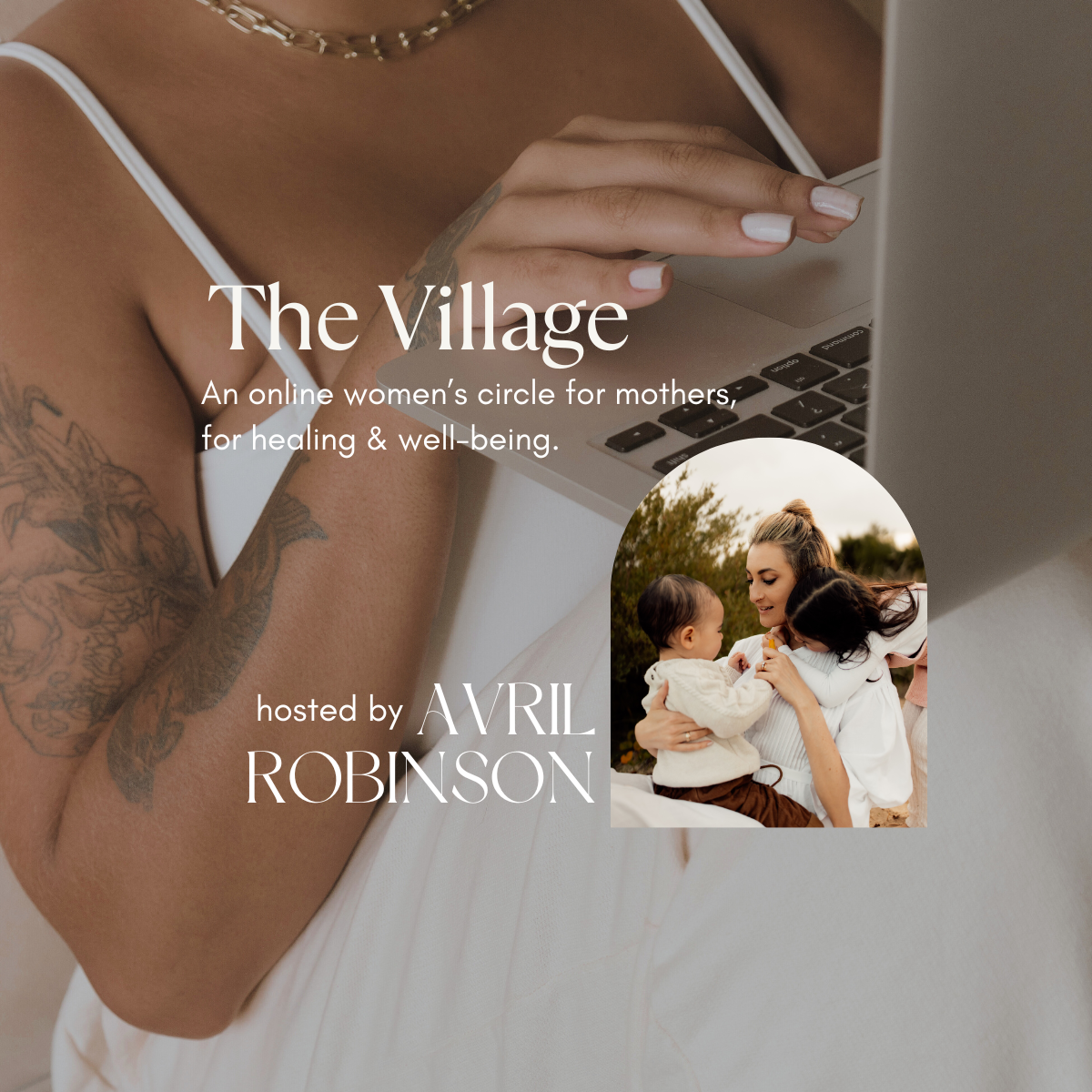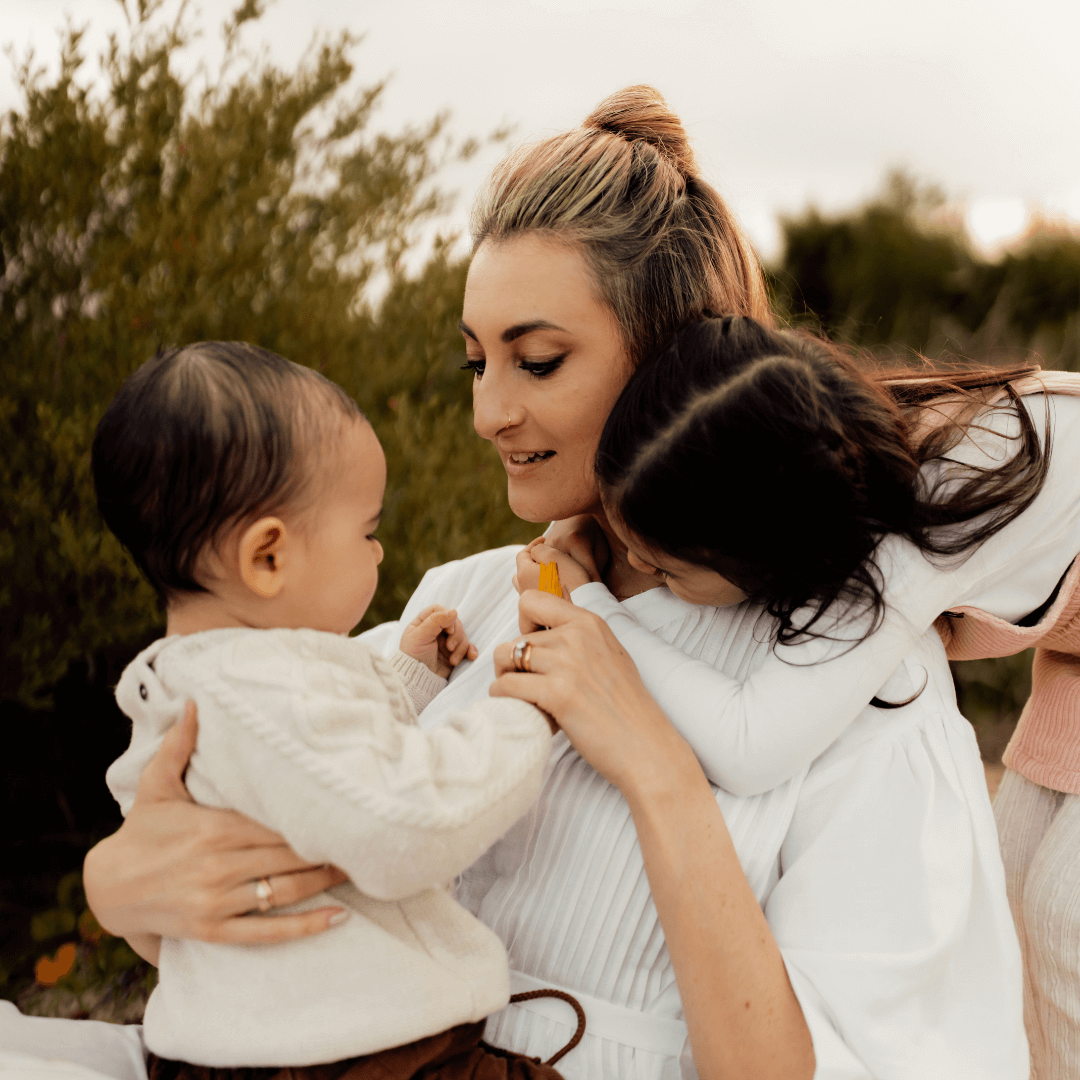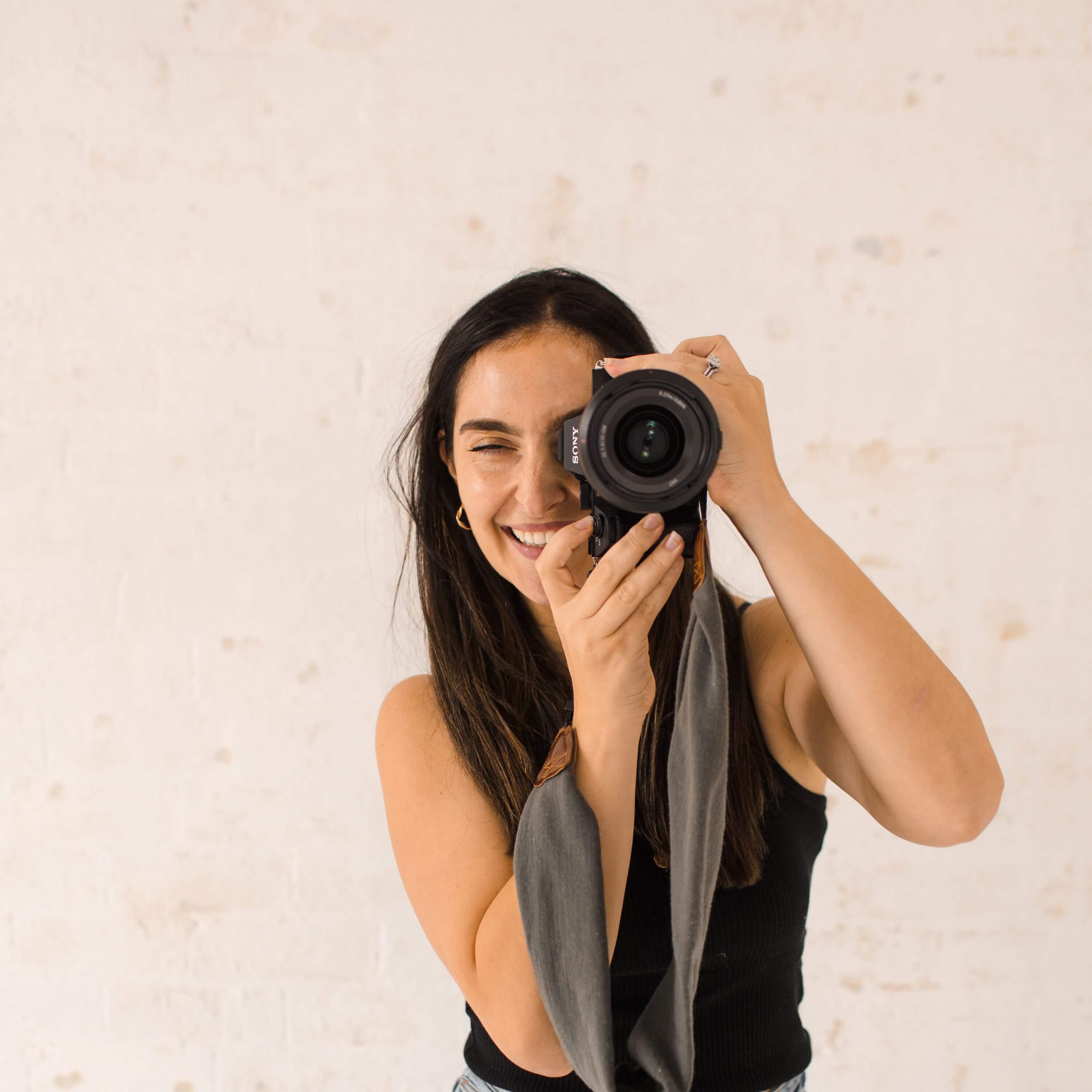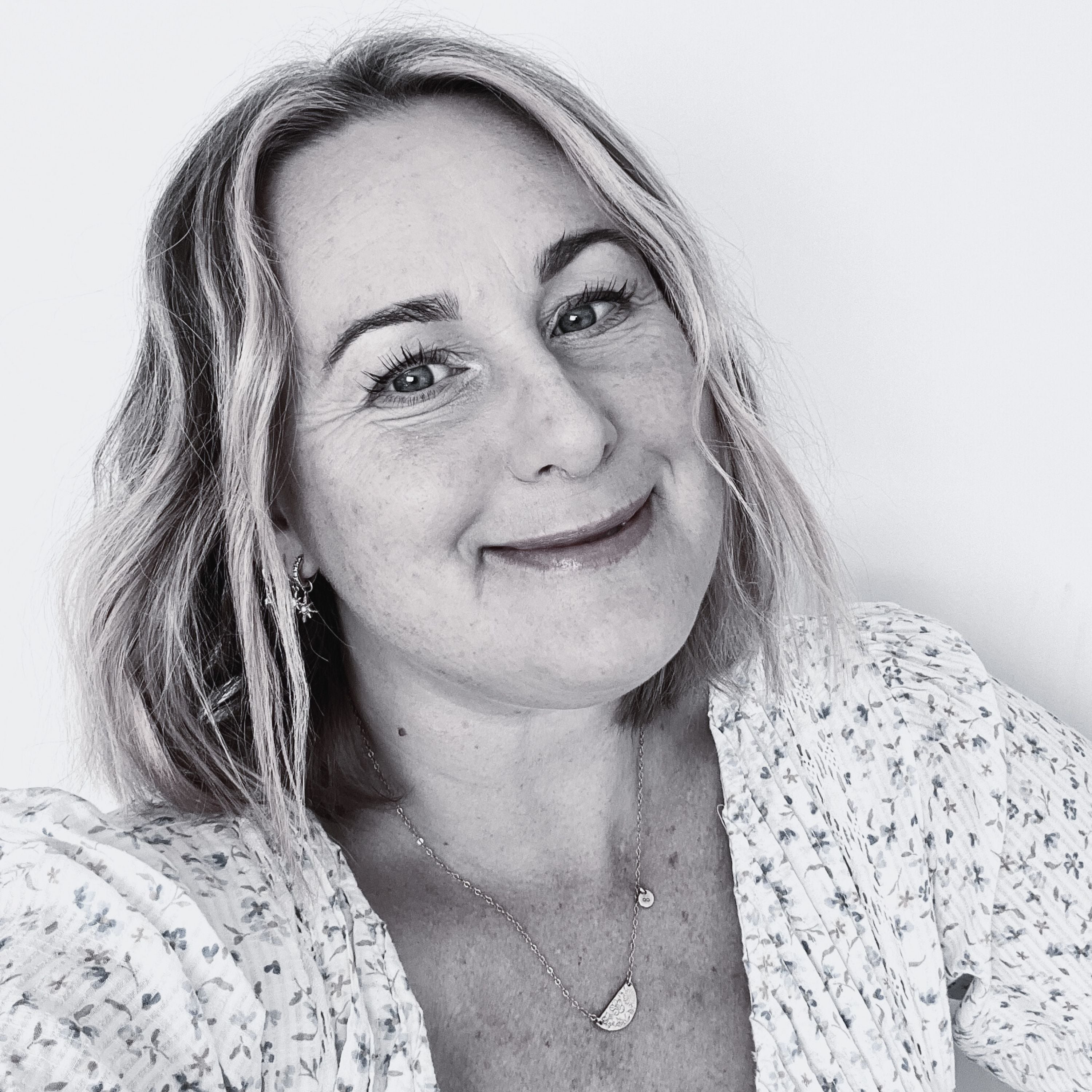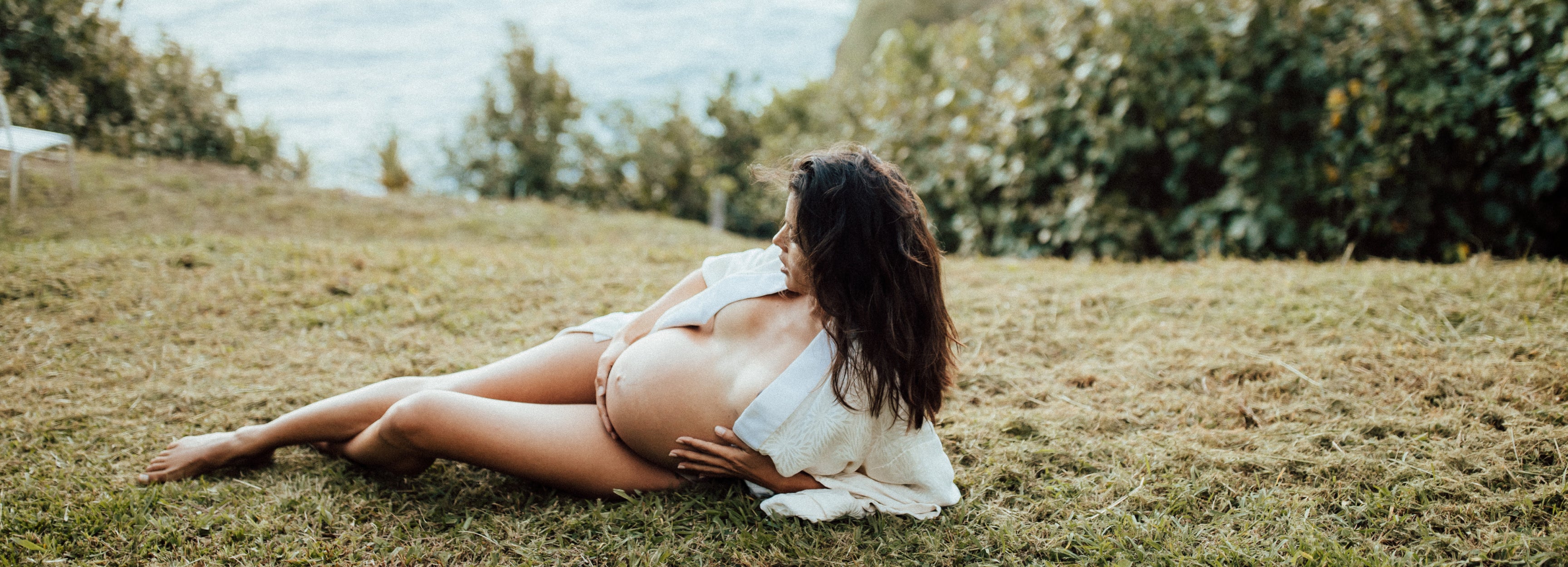I never had a birth or postpartum doula and in hindsight, I regret it immensely.
Not that I had a particularly traumatic birth experience for either of my births, but I also didn't feel that euphoric sense of empowerment after giving birth to my babies (more so relief!) and I can't help but have an inkling of FOMO. Did I miss out on anything?
With regards to having a postpartum doula, however, I have no doubt that my experiences would have been dramatically improved if I had someone focused solely on supporting and nurturing me, whilst I supported and nurtured the baby. Someone who knew exactly what they were doing. Someone to hold space for me as I went from being a woman to becoming a mother. Because it's been a wild ride, and I can't help but wonder how different it would have been if I had have had a postpartum doula... but then again, perhaps I wouldn't have started Love In The Moonlight at all because I may not have experienced the lowest of lows postpartum.
I know it worked out how it was meant to for me, but I hope this insight into Birth and Postpartum Doulas is helpful for mothers-to-be.
Sarah Newling, from YogiMama.com.au, has kindly shared her insights on all things Pregnancy, Birth and Postpartum Doulas so that women can make an informed decision on their birth options.
What is a doula exactly and why would a mother-to-be engage one?
Birth is a fundamental rite of passage. However, women frequently cite that they did not feel well informed or prepared prior to having children. A doula is a trained (non-medical) birth professional that helps fill this social/community support ‘gap’. Doulas are privately engaged to work as part of a birth team, alongside medical heath professionals, to assist couples (and singles) in navigating the journey to parenthood. You can have a doula with you in any birth setting; home, birth centre, hospital. There are three pillars of support provided during pregnancy and birth; practical, emotional and advocacy.
Currently, 1 in 3 women in Australia report birth trauma, which is a staggering statistic when we think about the flow on effects for women, partners, children and the family construct as a whole for society. Doulas have been shown to reduce the rates of intervention in birth (like induction, epidural and cesarean) and improve outcomes for mothers and babies. They are now widely considered an evidence-based birth tool and overwhelmingly, women report more positive birth experiences.
What is the difference between a birth doula and a postpartum doula?
Can you engage one or both?
Postpartum doulas are solely focussed on nurturing the mother at home through the early postnatal period. A postpartum doula helps the mother to attune to her internal compass and begin to parent in a way that feel authentic and true to her. Examples of support provided in the fourth trimester, include; Ayurvedic tailored meals, nurturing recovery massages, baby massage, closing of the bones, sitz herbal baths, breastfeeding support, early parenting and new sibling integration. Some doulas offer full spectrum services (pregnancy - birth - postpartum) but there is the option of engaging complementary experienced support people for birth and postpartum, it really comes down to the individual.
What inspired you to become a doula?
I took a ‘gap year’ in Vietnam when I was 18 years old before attending university. I lived in a remote hill tribe community volunteering. Immersing in this culture, what I unknowingly witnessed was human physiology and community working harmoniously. The imprint of this largely informed my own two births that were to occur ten years later.
I understood that pregnancy and birth were not medical events and in fact rarely required medical intervention. I was able to trust myself and believe in my body’s natural ability to grow and birth a baby. The birth of my son was fast, unmedicated
and empowering. But, I did not feel well informed or supported.
My midwife was a stranger to me, the obstetrician never arrived in time and my husband was completely unprepared for the intensity of labour or knowing how to support (not his fault, we didn’t engage in any out-of-hospital birth education).
It was a solo feat.
Still, I was so high on oxytocin (I’m pretty sure, the birth high lasted me the first 6 months or more of motherhood). I felt unstoppable and couldn’t wait to do it again! Where had that power been hiding? I'm embarrassed to admit though, I didn’t know how to break-free from systematic constraints or ask for support (enter old “good girl” programming and an outdated belief that "you can’t rely on anyone but yourself”).
I had a similarly fast and positive experience with the birth of my daughter. I started to uncover the transformative lessons of my two births and felt compelled to share this with friends and a growing wider circle of women.
Fast-forward many years of breastfeeding and sleepless nights, I decided to do my yoga teacher and doula training so that I could connect with the power of birth again and support women to feel informed and empowered going into theirs.
I graduated from the Australian Doula College in 2018 and launched YogiMama (yoga and birth support) in the Newcastle region. I have had the extraordinary pleasure of supporting over 100 births since then, and have learnt so much.
What clients are compatible with your approach?
Ooh, this is tricky and something I am constantly refining. All doulas will practice differently. I believe there is a doula for every woman and every family deserves support. I feel my greatest value is in offering individualised preparation and support to low-risk women wanting a physiological/unmedicated vaginal birth, ideally undisturbed by interventions. A 'positive birth’ can only be defined by the birthing person - as what one woman considers optimal, another may experience as traumatic. The goal is to have your support people aligned with your vision.
I support first and repeat mothers to birth at home, hospital or in a birth-centre, depending on what they choose. I aim to educate and inspire so that they can advocate for what they feel is right for them.
Are there any tips you would recommend to mothers who are deciding on a doula and how to choose the right one?
I would recommend speaking to three doulas and asking these questions to see if you align:
- Where did they train and what complementary services can they offer?
- Is a TENS machine or other equipment for birth included in the package?
- How long have they been a doula?
- Do they have another job?
- How many births have they supported?
- What is their philosophy on birth?
- In what care provider setting are they most comfortable/experienced?
- How many clients do they take in a month?
- What is involved in support, how many sessions?
- What backup support do they have if unavailable?
- Can they take photos/video of birth if you want?
- How do they advocate for you if an unwanted intervention is proposed?
You’re going to share the most intimate event of your life with this person, so seek an easy and comfortable connection. Listen to how your nervous system responds to the answers provided by the doula. This should inform your decision of who is a good fit for you. Choose someone who puts you at ease, but is direct and honest (hint: advocacy requires these qualities). You can search for doulas on the Doula Network Directory and Homebirth NSW websites.
How much does a doula cost, how are the fees structured?
A student doula (someone who has supported <5 births) will generally be a $500 investment. Over 10 births you’re likely looking at $1500 and more than 20 might cost around $2000. Experienced doula rates are between $2500-4000.
I personally have a range of support packages depending on whether it is a first birth or third, planned home birth or at hospital. All of my birth support packages include unlimited pregnancy support, birth mapping (birthmap.life), prenatal yoga, continuous labour support and use of my labour tools, including TENS, comb, etc. Birth photography and postpartum are available as add-ons.
Asking for your baby shower or mama blessing (an alternative to baby shower) gifts to be directed to doula support is one way to offset costs. Most women wish they invested more in birth preparation and support than the pram they selected.
Our birth experience stays with us for our entire lives. You deserve to feel heard, loved and supported throughout.


